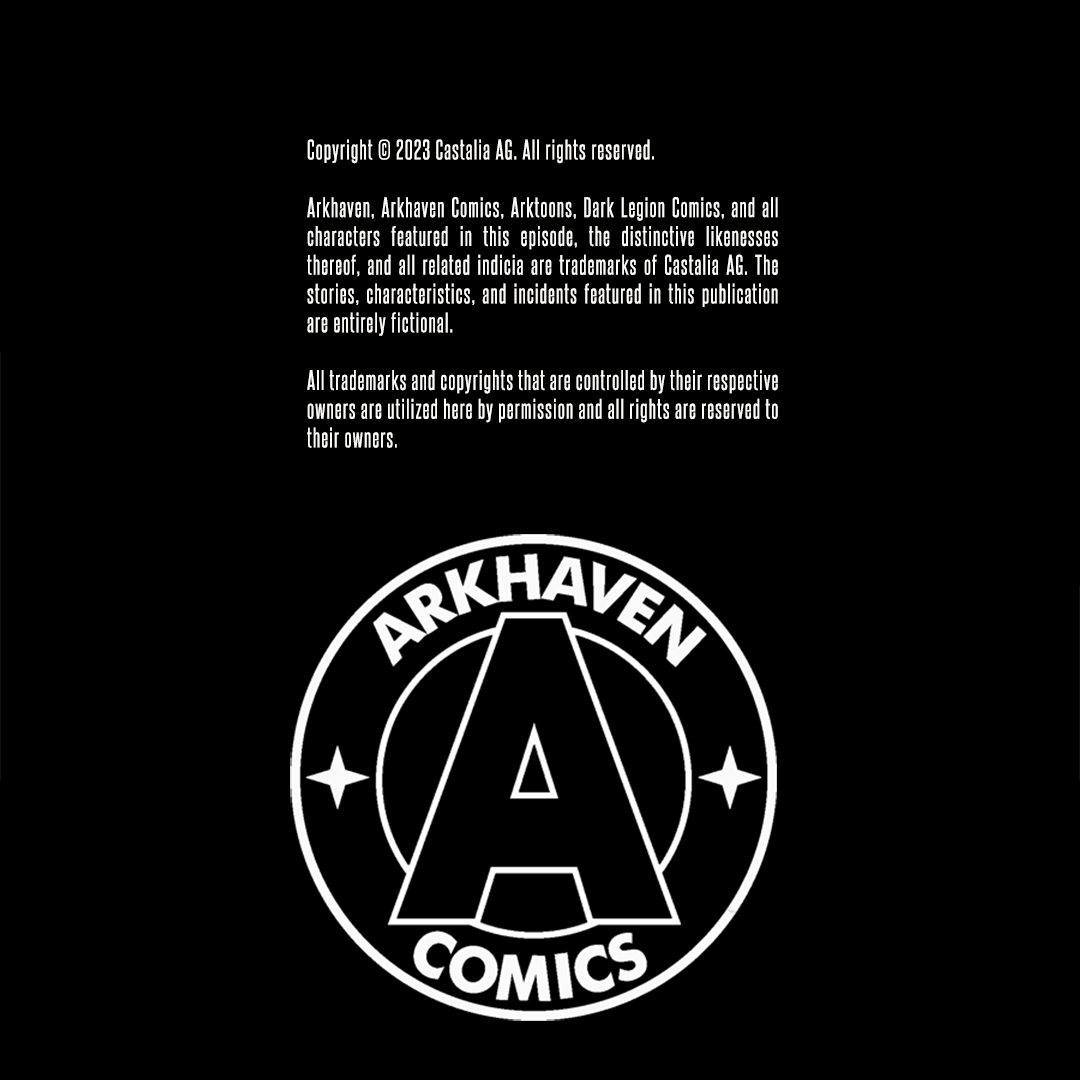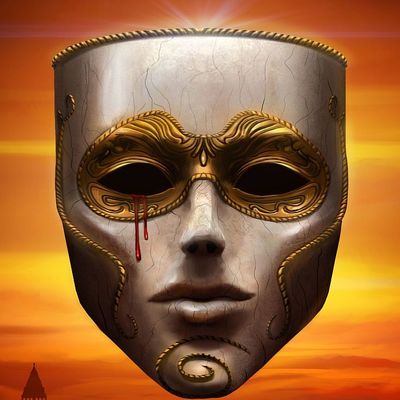Episode 33
The Great Stream of History
Alone in his office, August Karsh stared through the windows at Sol's soft golden rays. It was all a facade, he mused. To its billions of citizens of the hundreds of planets throughout the Ascendancy, the cyborgs were freaks, aliens, the technological spawn of an ungodly star. That message had been drummed home in the galactic media until, through sufficient repetition, the propaganda had become something akin to gospel. But he was among the few who knew better. Leaning back in his chair, he folded his hands and contemplated his options.
None of them were promising.
The fact was that for all their strange religion, the cyborgs, the Integrated, as they called themselves, were descended from Terran colonists—a point the popular histories conveniently overlooked—and as such they were a material part of Terra's empire, even though they had been sealed off from the rest of humanity for centuries. Far from the soulless mutants they were inevitably portrayed as being in the entertainment media, most cyborgs were ordinary people no further evolved from Terran standard than the average colony population. About fifteen percent of them didn't even have any machine modifications at all.
Of course, there were those who were so heavily modified that it was questionable if one could reasonably categorize them as members of the human race. Such as Golem Gregor, a brilliant man who had been augmented in almost every possible way. And yet Dr. G, contrary to the belief held firmly by most of the First House's nobility, wasn't remotely interested in conquest, or even in power per se. His primary objective, and his life's ambition, was to find a place for his people in the Ascendancy.
And like Karsh himself, Dr. G would not shirk from using force, if necessary.
If he were ruthlessly honest with himself, Karsh thought, he couldn't truly say that he disagreed with the cyborg. Sooner or later, the time would come when the Integration, both the cyborgs and their damnable machines, would assume their rightful place in the great stream of history. It was even possible that humanity would be the better for it. He wouldn't ever express such a heretical thought, not even to Clender, but it was true nonetheless and as the Terran empire's chief intelligence officer, he was honor bound to see that it never came to pass on his watch. History might be on the side of Man's technological marriage with Machine, but history was not might.
Was it not said, by one political philosopher or another, that might made right? Whatever the future might bring, right now, posthumanity existed solely at the mercy of humanity. And Man was not a race known for its forebearance.
The thought brought him back to his upcoming meeting with the High Admiral. The Admiralty would not be keen on the idea of annihilating Terentulus. It would be even less keen on diverting Cetus from the hunt for Rigel. But the diversion was absolutely necessary. Not so much because he was certain that Myranda Flare would surface on the low-tech planet, but because if there was another cyborg agent in play, he wanted to make damned sure that it would be the AID's best operative matching wits with the new player and not some overbred, unimaginative military officer from House Malhedron.










































































